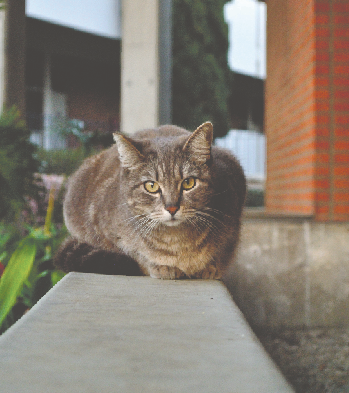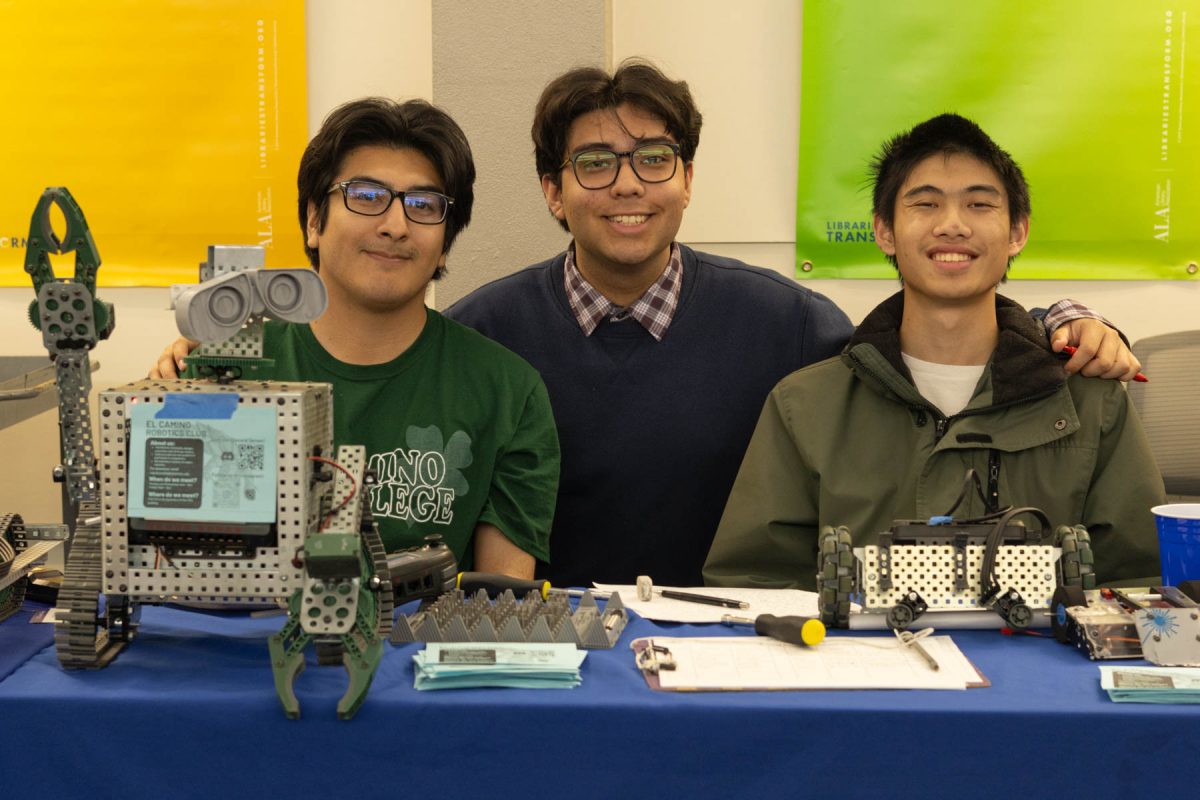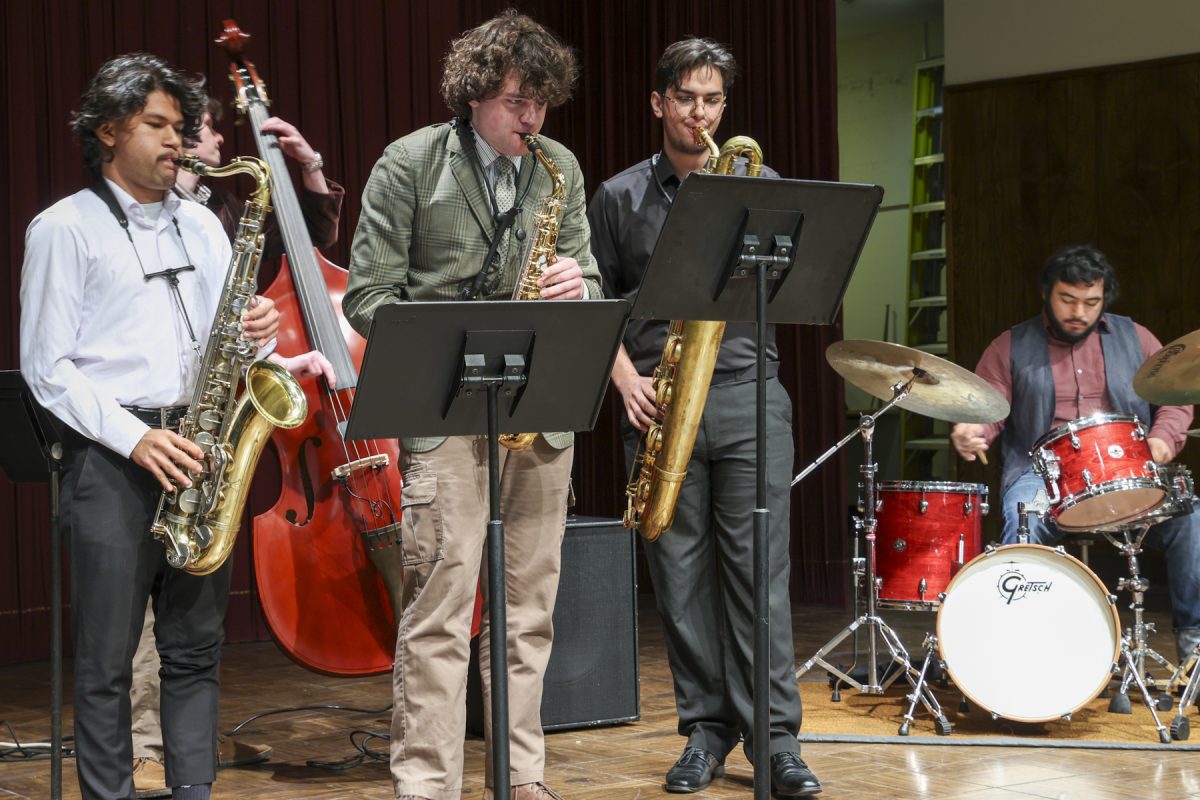
They’re furry, friendly, and they even have their own Facebook page; whether you are with them or against them, the cats at EC are a well recognized part of campus.
There is estimated to be more than 100 feral cats on the EC campus, and there has been a population of cats here longer than anyone can remember, Debbie Turano, EC Senior Clerical Assistant, said.
Little Orange, Don Cornelius, Whitney, and Smokey are just a few of the many cats on campus that have been named, with many more that are considered wild.
“We are a community college, and I see those cats as part of our community,” Elise Geraghty, Associate Dean of Humanities, said. “I see them as a gift.”
Many of the cats on campus are well fed and cared for by students and staff.
While there are cats that are actually born on campus, there are also many that are simply dropped off here, Turano said.
Turano added that they try to help find homes for many of the kittens born on campus, as well as the cats that are more friendly. So far all of the kittens have been successfully adopted.
Turano and her husband Carl also organize a trap neuter release program, which is where they trap as many cats as they can and take them to a clinic to get fixed.
Fix Nation, an organization that offers free and low cost spaying and neutering, is responsible for fixing a majority of the captured cats and accepts tax-deductable donations that benefit the cats here on campus.
The clinic also gives the cats all of their necessary shots and a flea treatment and marks the cats that have been treated so they are not treated again.
The money for these procedures as well as food and any medical care that the cats may need comes from donations made to the Turanos, and the college even has a moderate yearly sum of $600 from their pest control budget that is used to help pay for fixing the cats, Turano said.
“I don’t really consider myself a cat person but the cats here are so friendly, it’s hard not to like them, “ Garret Moir, 20, administration of justice major, sid.
While many people on campus are very attached to the cats some see them as an issue that needs to be dealt with.
“Feline disease spreads fast and we don’t know if any of the cats have any,” Kristen Spendlove, 26, child education major, said.
The administration has a problem with cat droppings, as well as other animal droppings, in the new sports complex and there are people who think that the feeding areas are too exposed, Turano said.
The members of staff were told last Thursday that they are no longer allowed to feed the cats on campus, and it is something that they are not happy about, Turano said.
Turano added that besides companionship, the cats serve another purpose on campus.
“The cats are a good form of rodent control and because we have them we don’t have a problem with rodents,” Turano said.
There are many students and staff that have formed bonds with these cats and they add a lot to our campus’ personality, Geraghty said.
“No matter how stressful my day,” Geraghty said, “the day always ends well when I go down and play with the little cats.”






